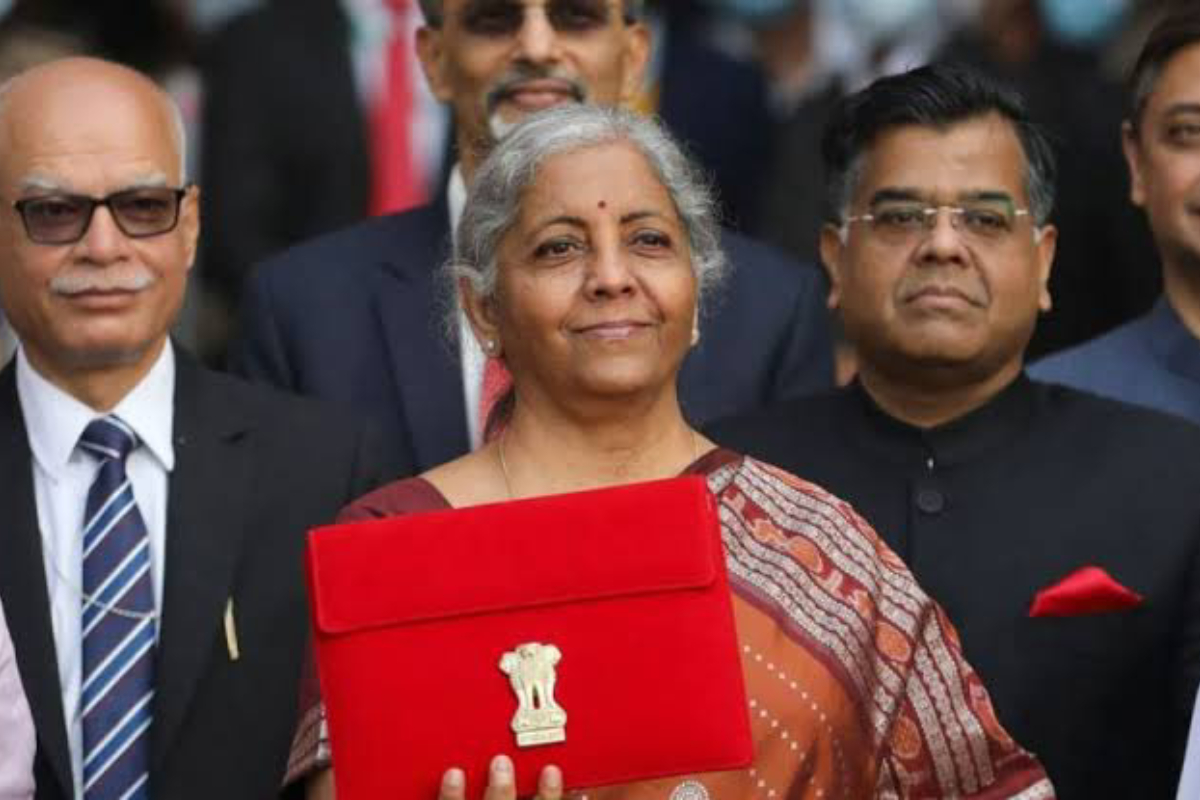With general elections scheduled for 2024, Union Finance Minister Nirmala Sitharaman is all set to present the last full budget of the Prime Minister Narendra Modi-led NDA government’s second term.
People are looking to the FM to give them relief in the form of income tax and on their savings. While market experts are hoping that the Union Government will initiate steps toward balanced fiscal consolidation.
It is expected that PM Modi’s government will announce sops to the people, especially for the younger generation, which is getting impatient. There is a lot of buzz and excitement that the Union Budget 2023 will bring relief to every section of society.
Taxpayers are expecting the minimum tax slab exemption to be raised to ₹5 lakh. At present, the basic tax exemption limit is ₹2.5 lakhs. With life and health insurance and savings in the form of a provident fund, it may accrue tax benefits to the salaried middle class and small businesses.
Similarly, the senior citizens (pensioners) between the age group of 60 to 80 are expecting the exemption limit to be increased to ₹2.5 lakh.
The common man is also worried about rising inflation and the looming global economic slowdown. Mass-level layoffs and the economic slowdown in Europe and the United States are major causes for concern. The honest taxpayer, especially the salaried middle class, is cautiously optimistic about the union budget amidst the global economic slowdown and a possible resurgence of the dreaded COVID-19 pandemic.
There are enough indications that the FM will be announcing a new tax slab for the middle-income group. Interestingly, it was about 10 years ago that the income tax slab was changed to benefit the common man. Since then, the inflation index has increased by around 50 per cent.
Another area of concern for the middle class is having a home of their own. Buying a home has become a tough ask with banks raising their rates of interest. Those planning to buy a house are hoping for good tidings in the Union Budget 2023 announcement.
Home buyers can claim a tax deduction of up to ₹2 lakhs on payments per annum. Real estate developers have been trying to impress upon the Centre that it should consider enhancing the tax deduction limit to ₹3.5 lakh, as that would not only give a boost to the real estate sector, but also encourage people to buy the abodes of their dreams.
There is another area that requires the special attention of Finance minister Nirmala Sitharaman, which is the Long-Term Capital Gains (LTCG) that was made applicable by the Centre in 2018.
As per the existing LTCG regime, returns up to ₹1 lakh were tax-exempt. This time around, the investors are looking at the enhancement of the tax exemption limit to ₹2 lakhs by the FM. Raising the LTCG tax exemption limit to ₹2 lakh will act like a booster dose to the investors.
Similarly, market analysts are hopeful that the Union government will be able to bring down its fiscal deficit from 6.4 per cent projected for the current year to 5.9 per cent for the upcoming fiscal. The layman’s knowledge, the fiscal deficit is the difference between expenditure and the government’s revenue for a financial year.

